10 IoT Vendors To Watch In 2018

IoT Leaders Of The New Year
The Internet of Things was talked about all throughout 2017, and now that 2018 is here solution providers want to know who will be the leaders in IoT.
From security to industrial IoT, vendors are attacking the market from multiple fronts – and building up channel programs around their strategies as they go to market. Here are the top 10 IoT vendors to look out for in 2018.
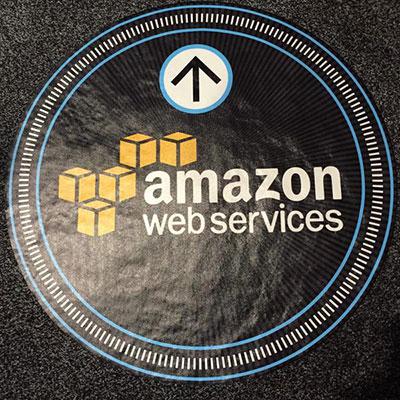
Amazon Web Services
AWS offers a managed cloud platform for IoT so customers can use the Seattle-based company's existing services – including AWS Lambda, Amazon Kinesis and Amazon Machine Learning – to build IoT applications that analyze data from connected devices.
At AWS re:Invent 2017, AWS launched AWS IoT Device Management, AWS IoT Analytics and AWS IoT Device Defender services to set itself up to succeed at the edge and with new tools in 2018.
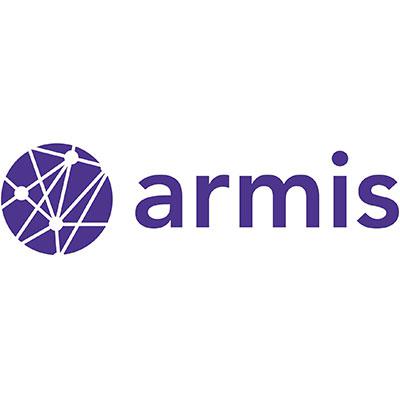
Armis
Armis offers an agentless IoT security platform that lets enterprises see and control any device or network. Armis said its platform integrates with existing IT infrastructure and is easy to deploy.
Armis’ channel chief, Mike Baker, recently told CRN that he has lofty goals for the Palo Alto, Calif.-based IoT security startup’s channel partners in 2018: to build out the channel leadership team and double the number of partners bringing IoT security solutions to market.
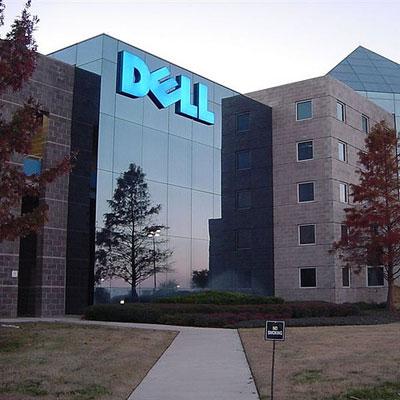
Dell
Dell in October set itself up for success in 2018, launching a new IoT division and IoT partner program. The Round Rock, Texas-based company said it's committed to investing $1 billion in its IoT initiative in the next three years, including into the new products and partner program. The new Dell Technologies IoT Division will be headed by VMware Chief Technology Officer Ray O'Farrell.
Partners can expect an array of IoT product and services in 2018 that are currently in the works, including Project Nautilus, software under development by Dell EMC that can ingest and query real-time data from IoT gateways.
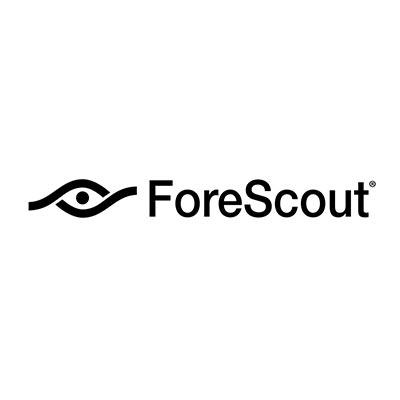
ForeScout
ForeScout has tightened its focus around IoT as more devices become connected to the internet, and consequently, more security issues like October's Dyn distributed denial of service attack begin to occur. In February, the company updated its partner program to help solution providers capitalize on IoT security.
In 2017, the San Jose, Calif.-based company also went on a hiring spree to build up its executive base with specialization in IoT – hiring three security stalwarts from FireEye and Fortinet as the company aims to build up sales and educational initiatives around its IoT security practice.
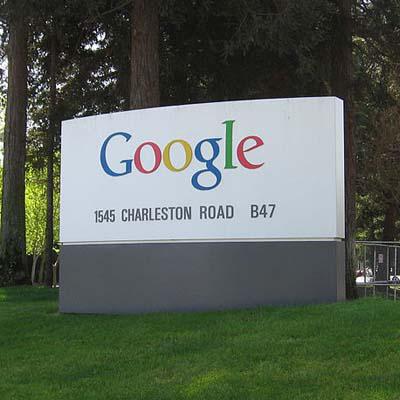
Cloud giants will have a big play with their IoT platforms in 2018, and Google will be one of those players.
In 2017, Google built up its Cloud IoT Core platform with services and features for secure device connectivity and manageability at scale. The Mountain View, Calif., company launched the public beta release of its Cloud IoT Core, a fully managed service, which was unveiled in private beta in May as a tool that manages connected edge devices ingesting data. Google is expected to continue investing in its IoT platform this year.
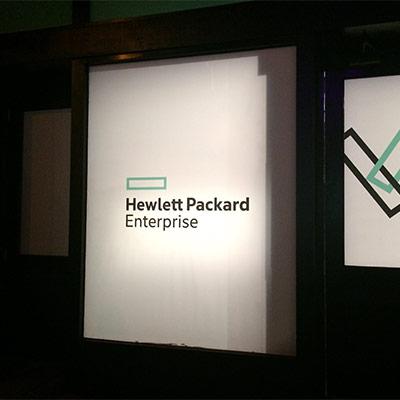
Hewlett Packard Enterprise
HPE, Palo Alto, Calif., is charging ahead in IoT by offering ’converged’ IoT systems designed for the edge of the network. These gateway systems, including the Edgeline EL1000 and Edgeline EL4000, are being touted as the industry's first converged systems for IoT.
With edge computing set to take off in 2018, HPE's investments in the edge with gateways and new software services will be key to its growth.
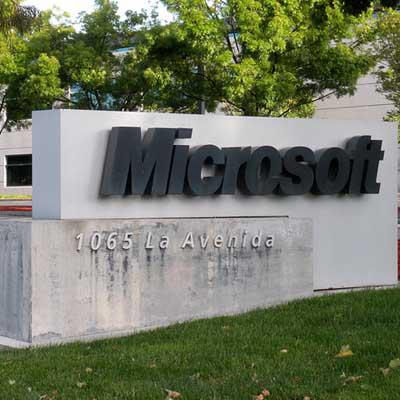
Microsoft
Microsoft added new features to its Azure IoT platform in 2017 to enable customers to remotely monitor and analyze data. With Azure, partners can help their customers generate, integrate and orchestrate data, and then manage and analyze that data through Azure Stream.
The Redmond, Wash.-based company is extending its LINC program – originally intended to pair up partners around tablets and notebooks – to refocus on the Internet of Things.
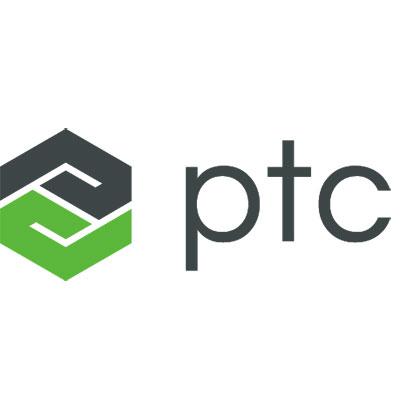
PTC
Boston-based PTC's IoT strategy revolves around its ThingWorx IoT Platform for application developers. ThingWorx supports rapid application development through the use of model-based development and mashup tools, as well as augmented reality applications with its Vuforia Studio platform. And according to Kerry Grimes, senior vice president of worldwide channel sales at PTC, the company's channel program has continued to grow as well. With industrial IoT set to take off in 2018, more manufacturing vendors will look at PTC as a viable option.
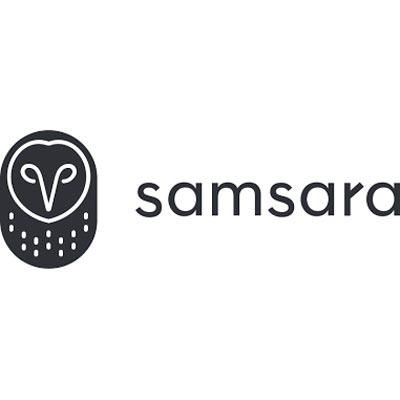
Samsara
IoT startup Samsara, which is led by the founders of Cisco's Meraki business, secured $80 million in funding – and the San Francisco-based company will use this money to help position itself as an IoT leader in 2018.
The company launched its channel in early 2016, and since then has grown the program to include many resellers and system integrators both on the IT and operational technology side. This year Samsara will continue its channel drive as it focuses on the IoT market.
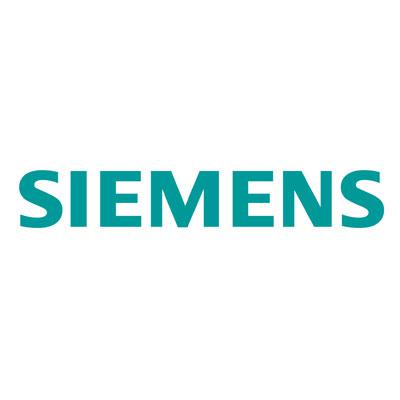
Siemens
Siemens in 2017 launched its Mindsphere partner program as the company ramps up channel efforts around the industrial Internet of Things. The Mindsphere partner program targets a host of partners, including systems integrators, app developers, software companies, consulting companies, operational technology hybrid partners and technology partners. Siemens' MindSphere platform is designed to connect assets at industrial plants in an automated production environment. The German company's comprehensive data hosting platform also offers data-based services such as machine tool analytics and energy analytics – and that will only increase in 2018.